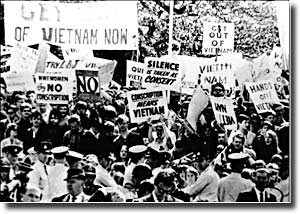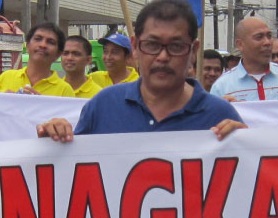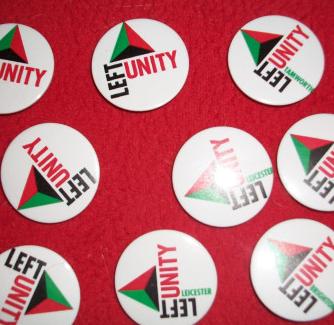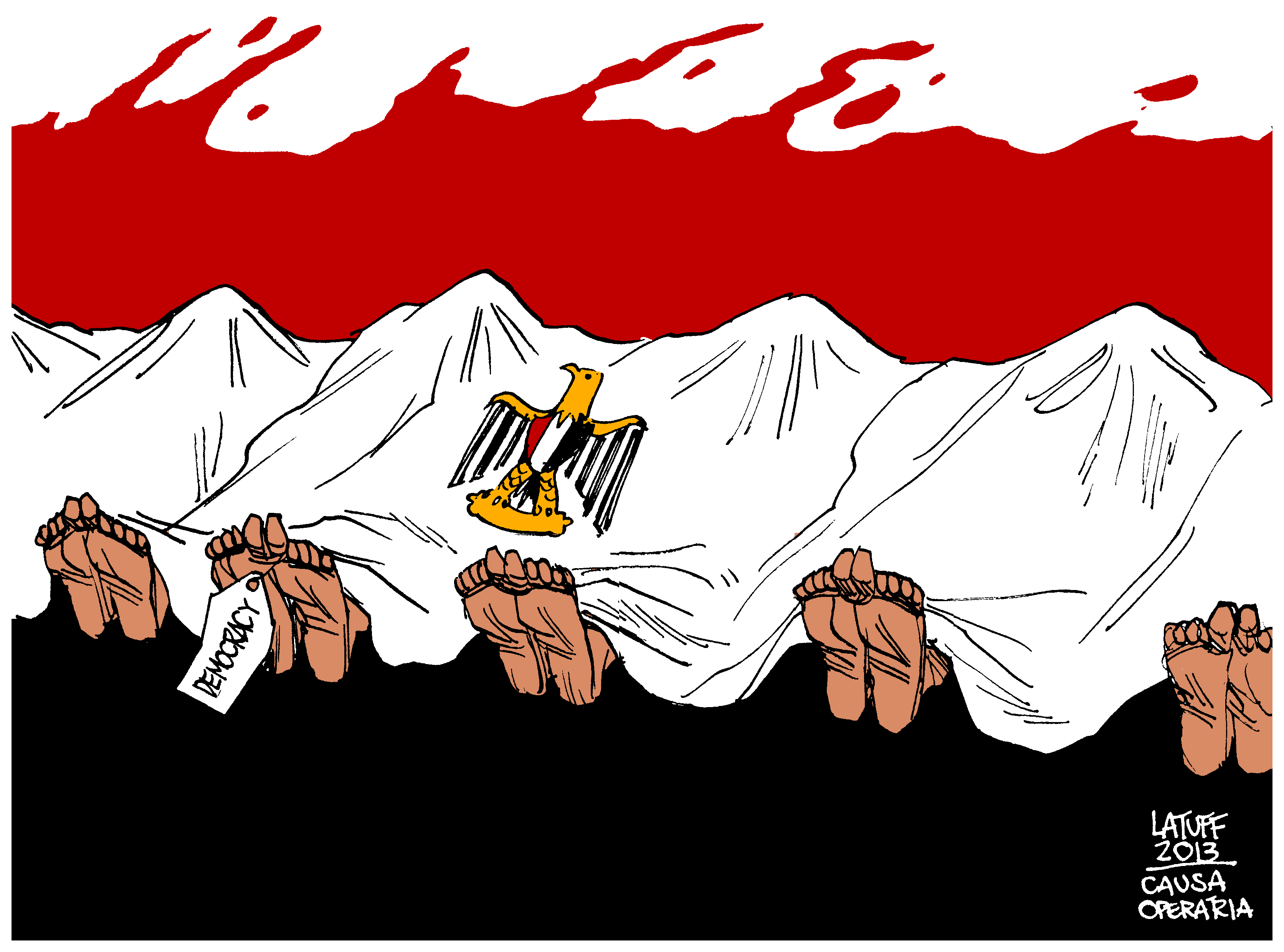Malaysian socialists: 'Stop the massacres and political violence in Egypt!'
By the Parti Sosialis Malaysia (Socialist Party of Malaysia)
The role of the united-front tactic

Australian protest against the US war on Vietnam.
Egypt: End the military repression!

Statement by the Socialist Alliance national executive
Egypt: Revolutionary Socialists on the latest massacre in Cairo
Down with military rule!
'Rocking the Foundations' -- the story of Australia's pioneering red-green trade union
August 14, 2013 – Links International Journal of Socialist Renewal – An outstanding historical account of the "Green Ba
Federico Fuentes on socialism in the 21st century and revolutionary leadership in Latin America
Green Left TV – Federico Fuentes speaking at the "Organising for 21st

Assassinated transport workers’ leader Antonio “Dodong” Petalcorin.
By Partido Lakas ng Masa (Party of the Labouring Masses), Philippines
Britain: Left Unity discusses what politics for a new left party?

By Felicity Dowling


